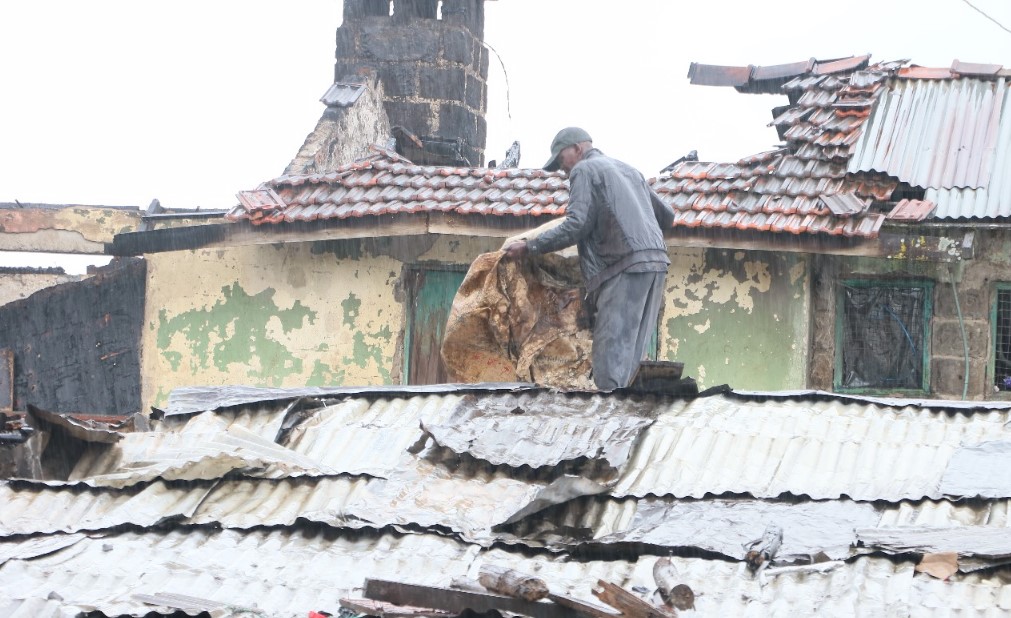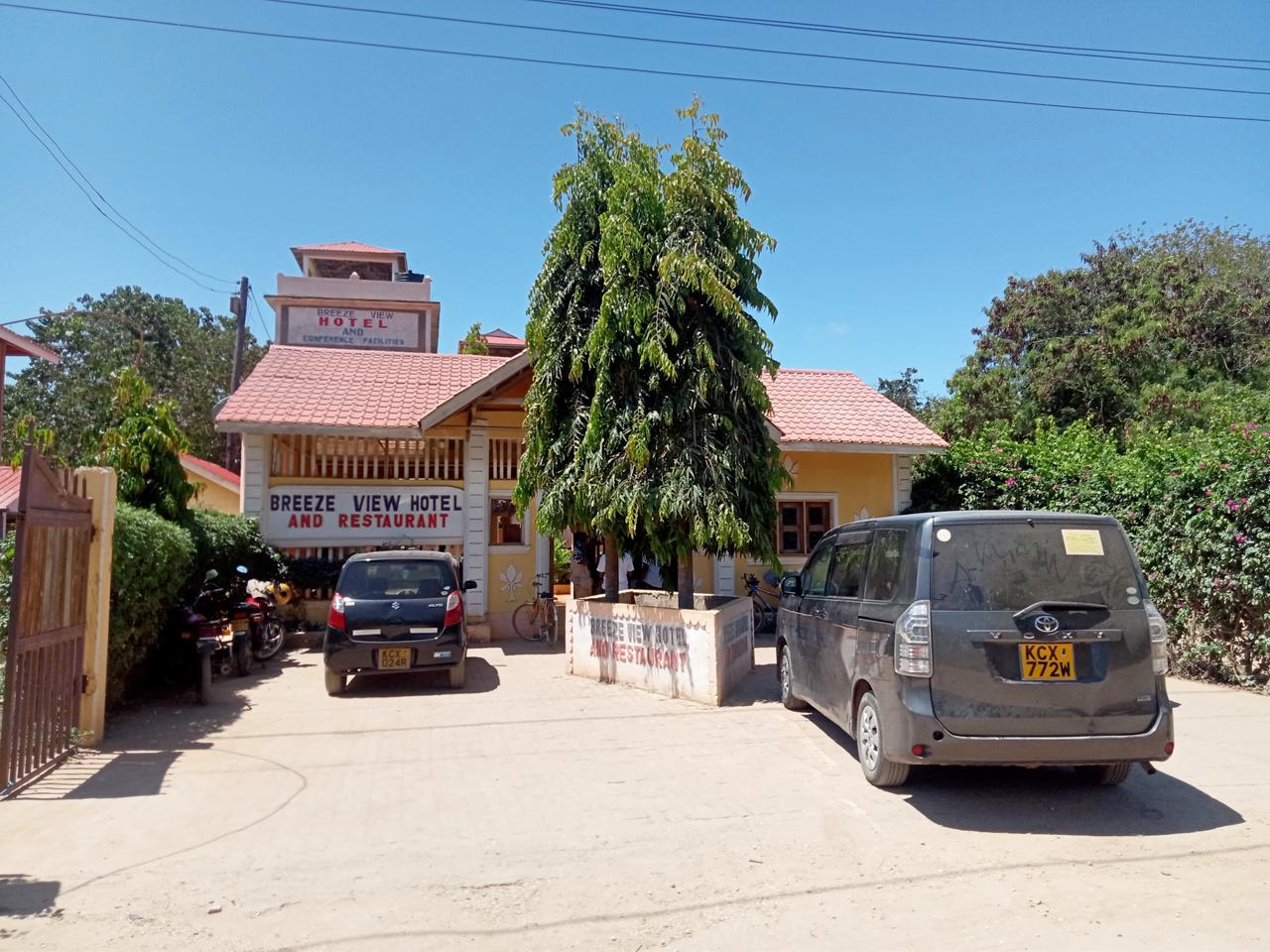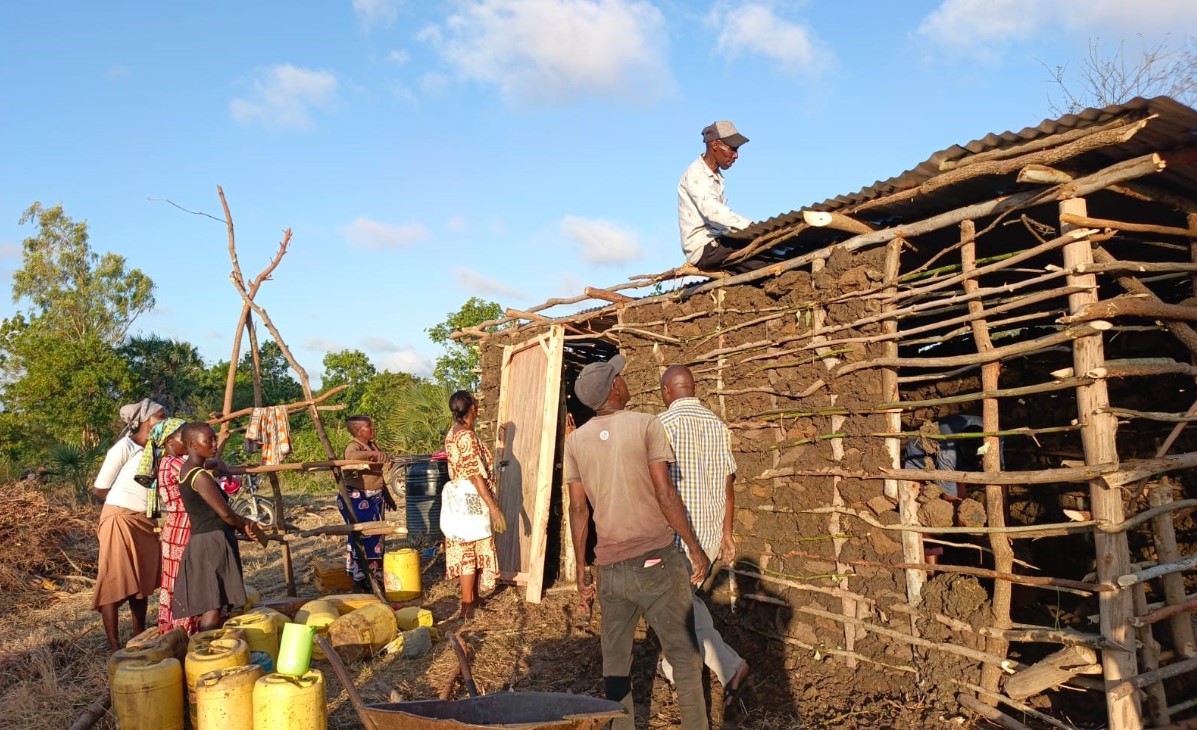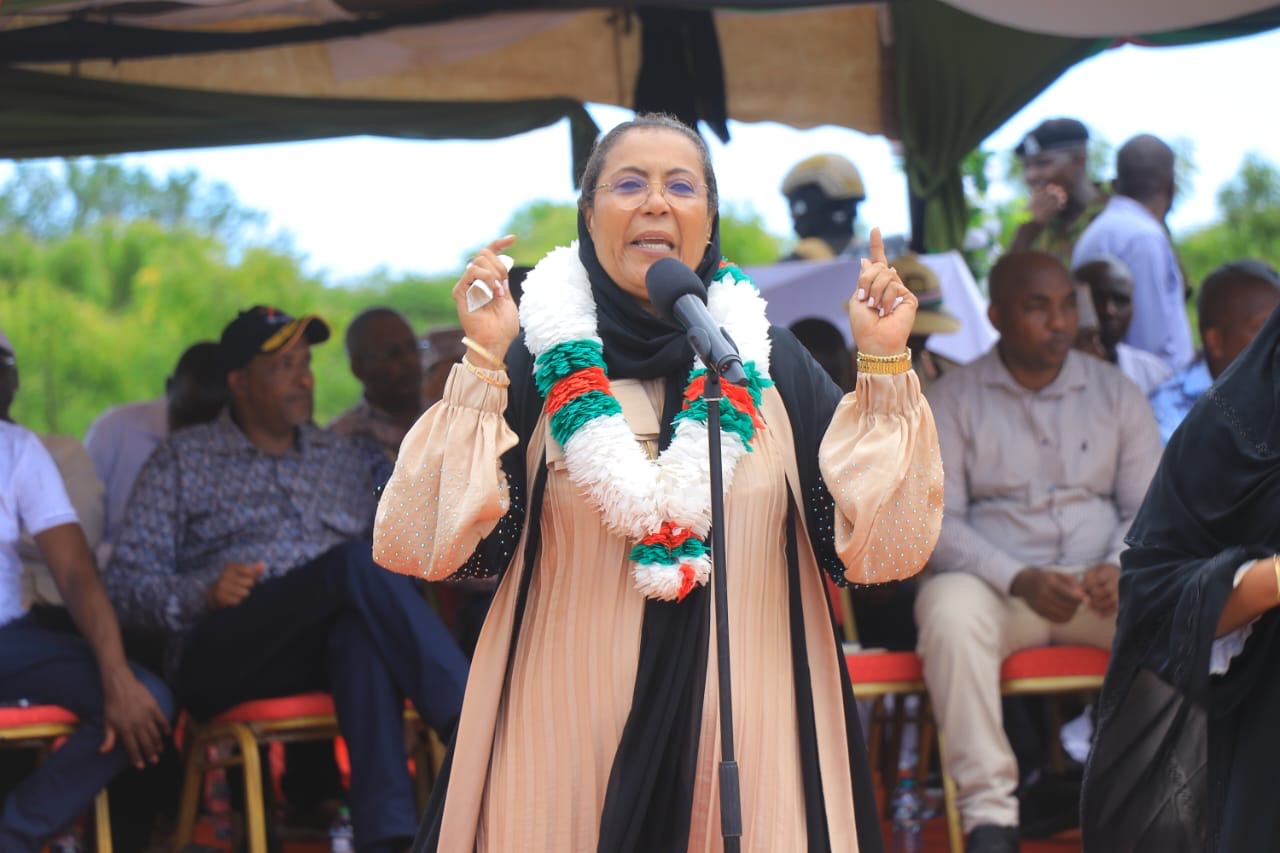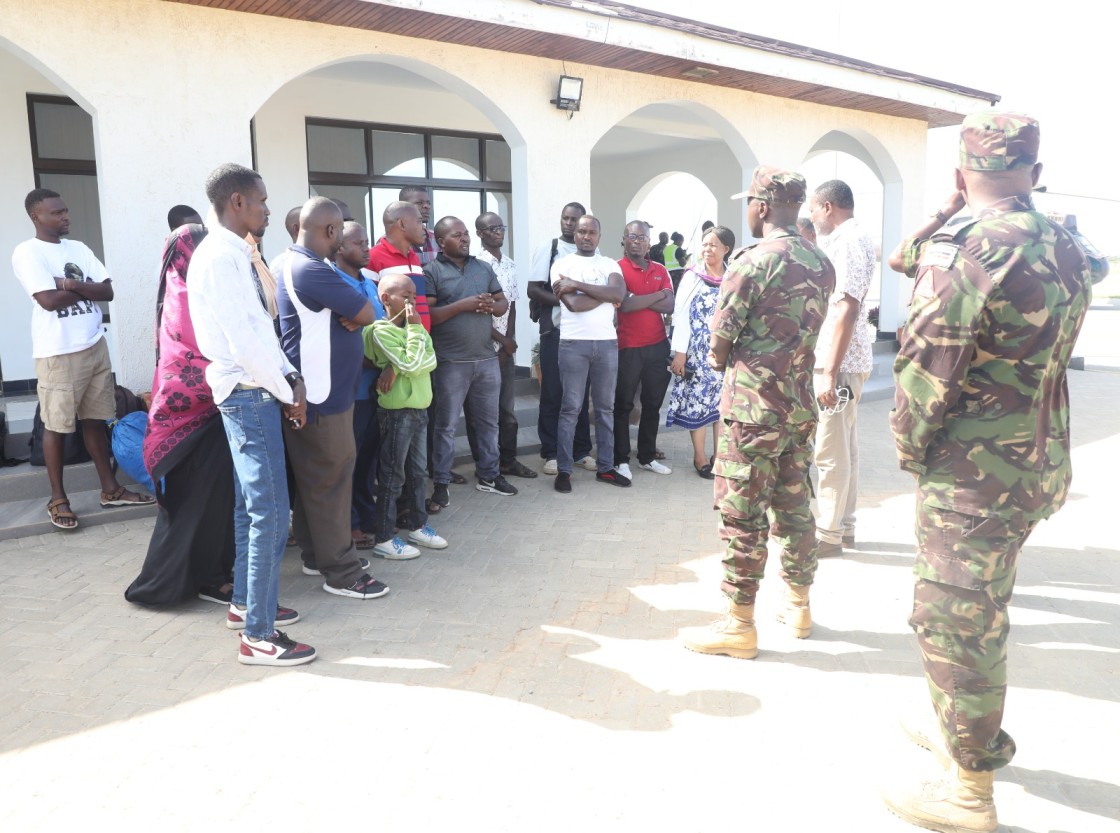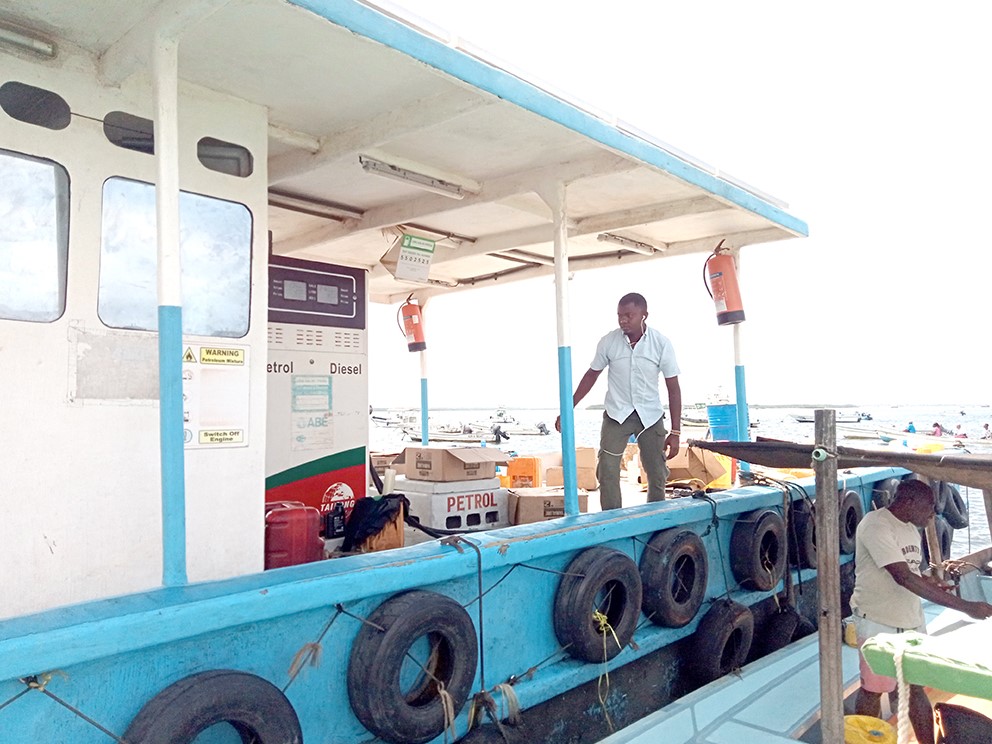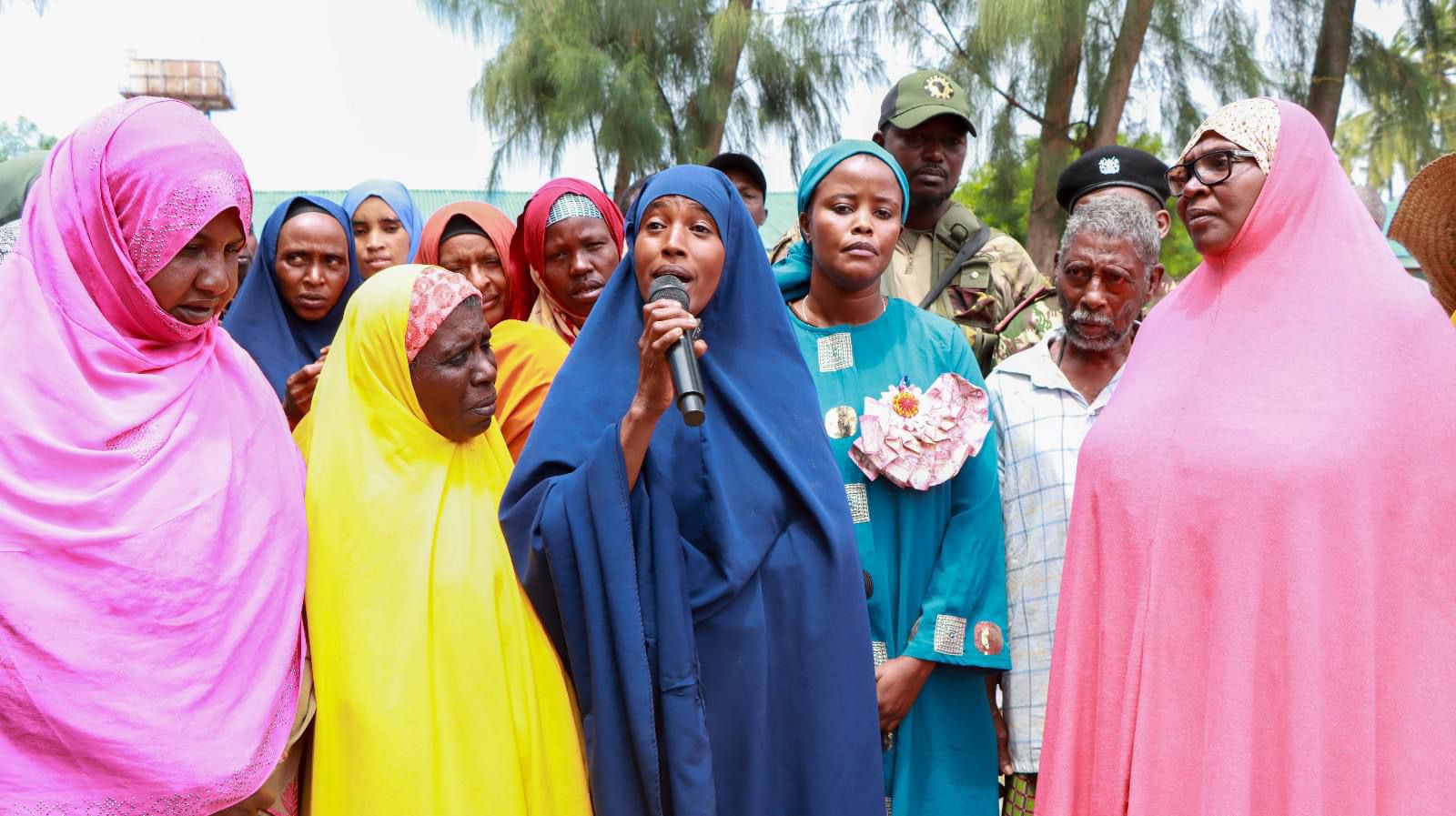Local initiative tackles period poverty in Lamu West, reduces school dropouts rates by 30pc
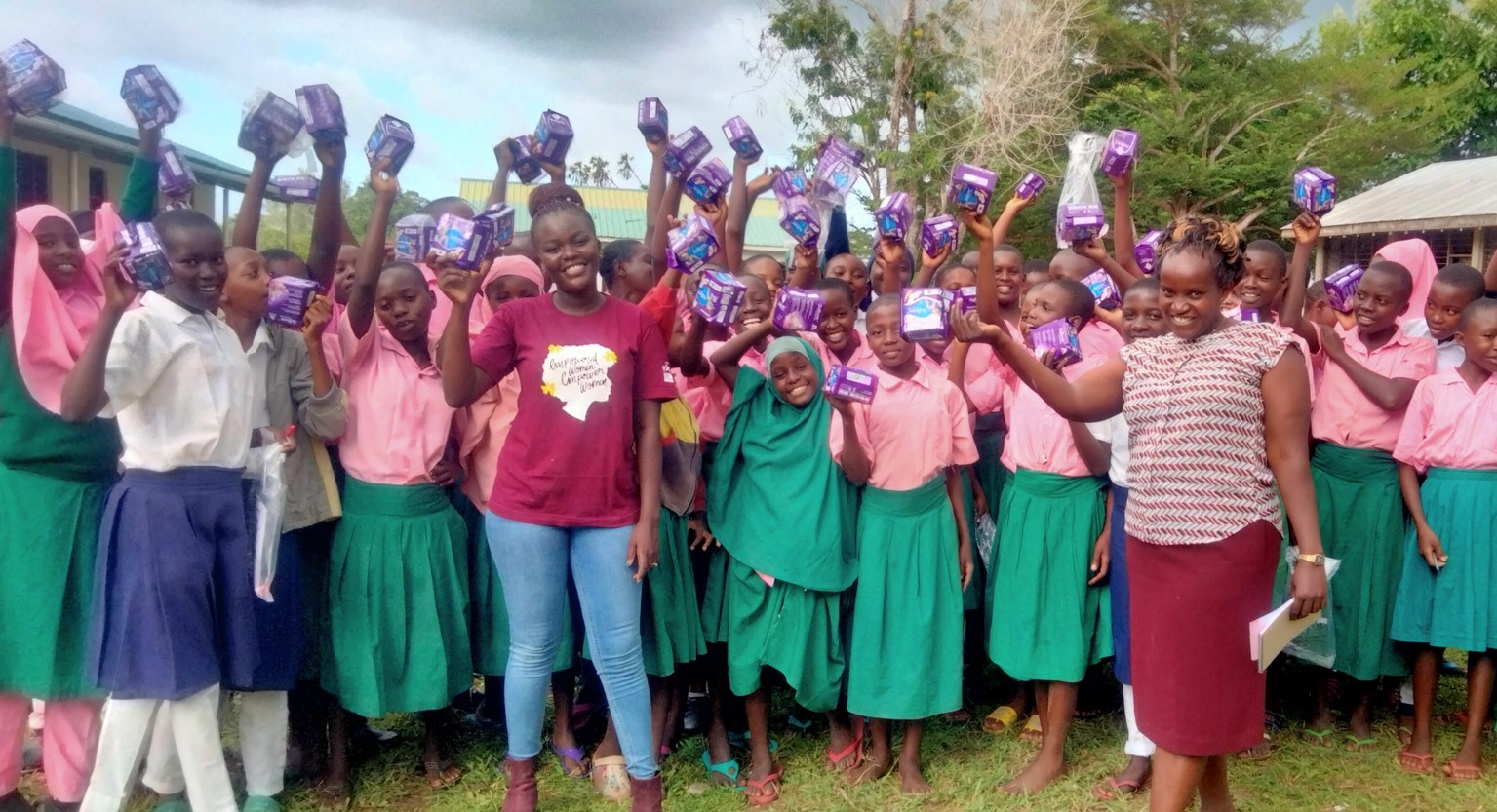
By Farhiya Hussein |
Locals in the Witu and Mpeketoni Divisions have repeatedly expressed concern over the growing frequency of early pregnancies among schoolgirls and the resulting high dropout rate.
Over 300 girls in the rural villages of Witu, Mpeketoni, and Baharini in Lamu West are benefiting from a local initiative to combat period poverty.
The Binti Lamu Initiative (BLI), which has been in operation for two years, offers free sanitary pads to schoolgirls and young women.
Keep reading
- Concerns raised as indigenous fish species in Lamu's freshwater lake dwindle
- MUHURI calls for parental vigilance during holiday as child pregnancies rise in Lamu
- Lamu Governor Issa Timamy nominates James Gichu as new deputy governor
- Residents of Lamu’s Manda Island decry suffering due to poor health services
This effort not only addresses period poverty, but it has also been credited with lowering regional school dropout rates by 30%, protecting girls from sexual exploitation and harmful cultural traditions, and empowering them to stay in school and continue their education.
The majority of families in the aforementioned places are impoverished, which has for years predisposed schoolgirls and young women to sexual exploitation to fund their necessities, including sanitary towels.
BLI also seeks to protect girls from negative cultural beliefs such as FGM, and early and forced marriages, which have been prevalent in Witu Division.
Since its launch in mid-2022, the Binti Lamu Initiative has provided approximately 300 girls and young women with free sanitary towels.
BLI has also been striving to enlighten the boy child and prepare them to deal with an empowered girl child without any confrontation.
Martha Muthoni, founder of the Binti Lamu Initiative, told Eastleigh Voice on Monday that she saw the need to implement the initiative to reduce the number of early pregnancies and school dropouts among girls in the affected communities.
Locals in the Witu and Mpeketoni Divisions have repeatedly expressed concern over the growing frequency of early pregnancies among schoolgirls and the resulting high dropout rate.
Many of the cases are ascribed to boda boda operators who exploit underprivileged girls by providing free transportation to and from school.
The riders also relieve the vulnerable girls of the stress of purchasing sanitary pads before luring them into sexual relationships, impregnating and abandoning them.
Muthoni, a 24-year-old former Deputy President of the Lamu Youth Assembly, stated: "I was born in Mokowe but raised in Witu, Lamu. I grew up witnessing girls as young as 12 years old becoming pregnant and having to drop out of school to care for their newborns. Most young women return to school very briefly after giving birth. The number of young females dropping out of school has increased dramatically in recent years."
Such experiences led Muthoni to launch the program immediately after finishing college, with the goal of entirely eliminating such vices.
"I founded the organisation last year, and I thank God that it has already enrolled 10 members, with more expressing a desire to join the project. Every month, we reach out to over 150 disadvantaged girls at Witu and Mpeketoni schools to donate sanitary towels. It's difficult financially, but we're resolved to expand the donation throughout Lamu County if well-wishers come forward," Muthoni remarked.
Binti Lamu Initiative Secretary Julia Githinji stated that since the organisation's inception, there has been a considerable increase in the number of girls attending courses and remaining in school to learn, compared to previous years.
"Nowadays, it is pleasant to see young women returning to class to continue their education after childbirth, owing to BLI pad donations and illuminating initiatives for females. Previously, males would abandon young women and girls as soon as they discovered they had impregnated them or after they gave birth. These guys have always abandoned the poor girls to fight to raise their children at the expense of their education and future', Githinji said.
She emphasised that the initiative's primary goal is to give underprivileged girls access to sanitary towels.
She stated that the high cost of living and poverty among families have made them unable to pay for the pads at the expense of food and other necessities.
"The cost of pads has risen, making them unaffordable to girls from low-income households in most regions of Witu, Mpeketoni, Baharini, and Lamu as a whole. We are determined to end this inaccessibility," Githinji stated.
Reader comments
Follow Us and Stay Connected!
We'd love for you to join our community and stay updated with our latest stories and updates. Follow us on our social media channels and be part of the conversation!
Let's stay connected and keep the dialogue going!






